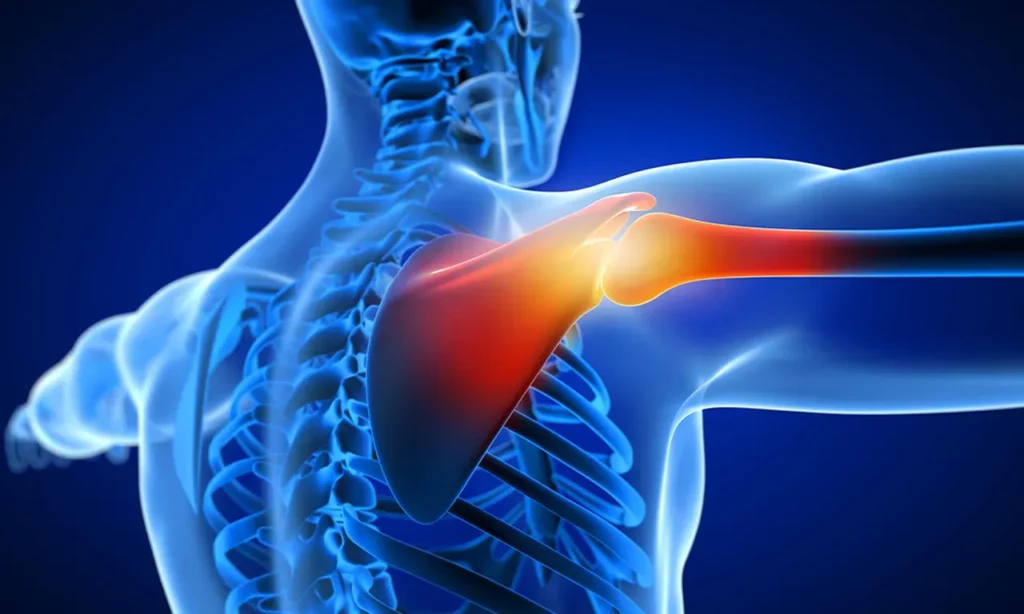Shoulder Replacement

When you struggle with daily shoulder pain or have a hard time moving your arm due to advanced osteoarthritis, it’s time to talk with Paul Codjoe, MD, about shoulder replacement surgery. Dr. Codjoe has extensive experience performing total, partial, and reverse shoulder replacements, carefully restoring the joint’s health and alleviating your shoulder pain. To learn if you’re a good candidate for a shoulder replacement, book an appointment online, call the New Jersey office nearest you in Hamilton, Princeton, or Lawrenceville, or contact the office in Langhorne, Pennsylvania, today.
Shoulder Replacement Q & A
When would I need a shoulder replacement?
Dr. Codjoe may recommend a shoulder replacement, called shoulder arthroplasty, when you have extensive joint damage. Osteoarthritis is the most common reason patients need a shoulder replacement.
You may also need replacement surgery if you have rotator cuff arthropathy (a large rotator cuff tear and arthritis) or osteonecrosis (loss of the blood supply in your upper arm).
What symptoms indicate I need a shoulder replacement?
Signs you may need a shoulder replacement include:
- Daily, intense pain in your shoulder
- Loss of shoulder and arm movement
- Pain that gets worse when you’re active
- Pain that interferes with your sleep
- Grinding noises or sensations in the joint
- Locking or catching of the joint
- Muscle weakness and atrophy
- Difficulty using your arm
When your symptoms become a daily struggle or prevent you from your usual activities, it’s time to talk with Dr. Codjoe about a possible shoulder replacement.
What type of shoulder replacement might I receive?
After thoroughly evaluating your shoulder, Dr. Codjoe recommends one of the following shoulder joint replacements:
Total shoulder replacement
During a total shoulder replacement, Dr. Codjoe removes the damaged tissues and prepares the surfaces of the shoulder socket and upper arm bone for the prosthesis.
A metal ball with a stem replaces the round part of your arm. Dr. Codjoe inserts the stem into the center of your arm bone. He uses cement to secure some prosthetic components, while others don’t need cement because they bond with your bone.
Finally, he covers the shoulder socket with a plastic liner and places the prosthetic arm into the new socket. Most people with arthritis need a total shoulder replacement.
Partial shoulder replacement
If the shoulder socket is in good shape but the arm bone is damaged, Dr. Codjoe may only replace the round ball. You may be a good candidate for a partial shoulder replacement (hemiarthroplasty) when a traumatic injury damages the arm.
Reverse total shoulder replacement
The muscles and tendons of the rotator cuff normally move your arm. When the rotator cuff is too weak or damaged to support arm movement, Dr. Codjoe performs a reverse total shoulder replacement.
Dr. Codjoe implants a metal ball into the original shoulder socket. Then he converts the upper arm into the new socket. This reverses the role of the two bones, allowing your deltoid muscles to move your arm instead of the rotator cuff.
If you have questions about shoulder replacements or need to schedule an appointment, call Paul Codjoe, MD, or book an appointment online today.